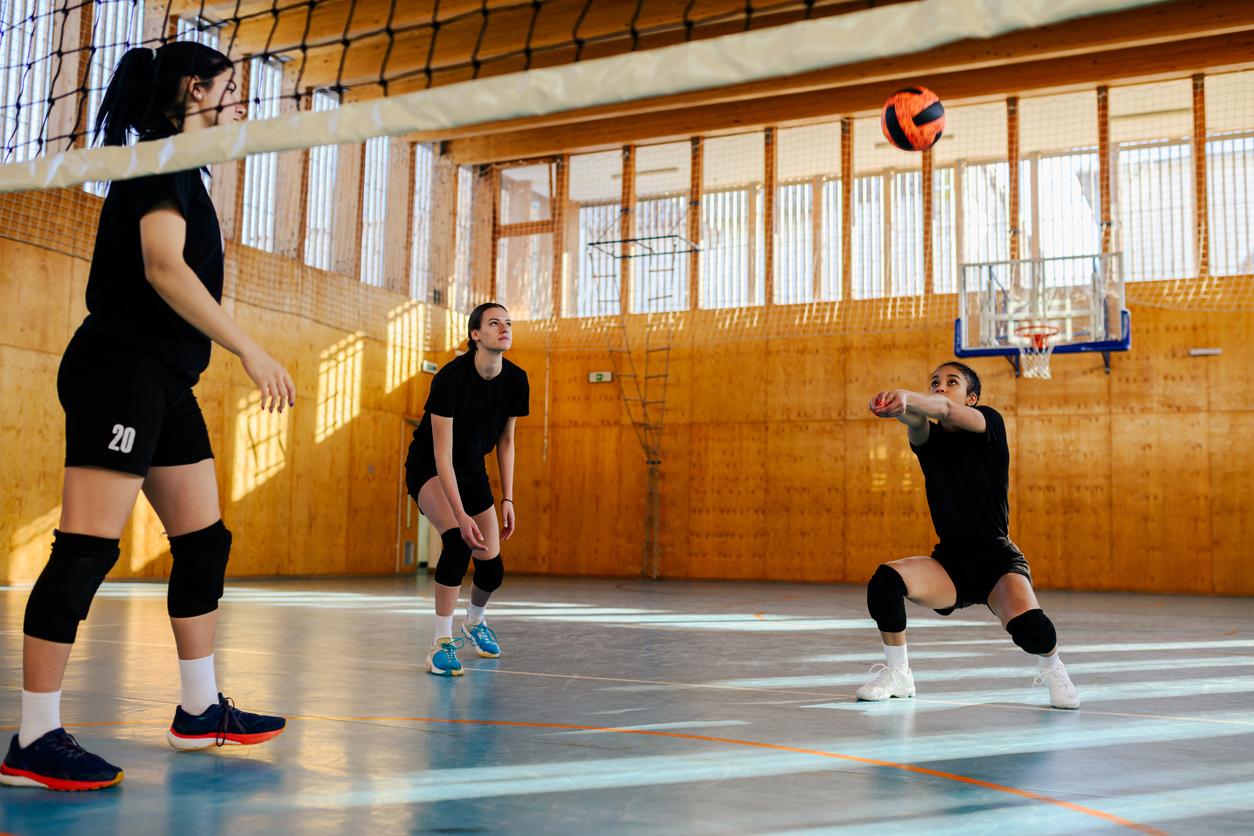The way in which one manages to find one’s bearings as an adult would depend on where one grew up.

- The sense of orientation is the ability to find one’s way or navigate in a space.
- Some exercise their sense of direction by trying, when they are in a new place, to find their way without using their GPS.
When you go on vacation with friends, some find their bearings quickly in the city visited, while others have more difficulty, even if the stay lasts a long time… But why? Part of the answer could come from childhood. According to a study published in the journal Naturewhere a person grows would influence their sense of direction.
A better sense of direction in the countryside than in the city
“On average, people who grew up in an urban environment have a poorer sense of direction than those who grew up in a more rural environment”, explains Antoine Coutrotresearcher at CNRS, LIRIS and co-leader of the team.
To achieve this result, the scientists asked more than 400,000 men and women – from 38 countries and of different ages, social backgrounds, educational levels and backgrounds – to play Sea Hero Quest. This is a video game whose original goal is to diagnose Alzheimer’s disease by evaluating the orientation ability of patients. In a 3D world, participants must drive a boat and find sea creatures. To get their bearings, they first have a map with markers in the form of buoys. These are then removed and they have to make do without.
The rural environment “requires traveling great distances in a less organized environment”, which according to the authors makes it possible to further develop the cognitive functions of the sense of orientation.
The current place of residence has no impact
But in urban areas, depending on the city where you grew up, scientists note differences among participants. Indeed, those who grew up in gridded cities, such as Chicago, Barcelona, Buenos Aires or Montreal, had a less good sense of direction than those who lived in less symmetrical cities – such as London or Paris – when they were youth. Here again, the reason certainly comes from the fact that finding one’s bearings in a squared city requires less the cognitive functions of the sense of orientation than when one evolves in a winding environment.
Finally, the authors’ last observation: the place where one lives as an adult has no impact on one’s sense of orientation. In other words, as far as this faculty is concerned, everything happens during childhood!
.

















